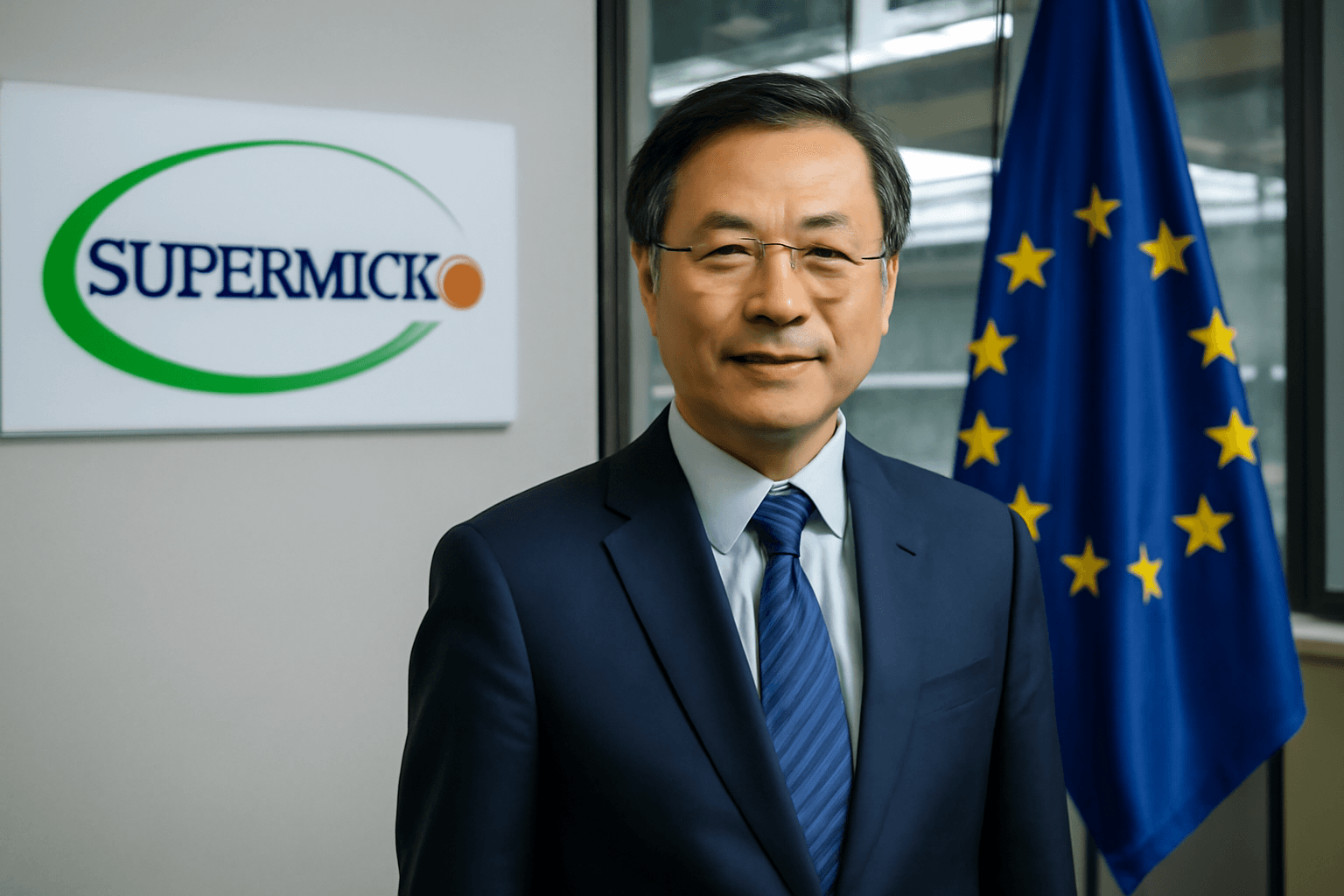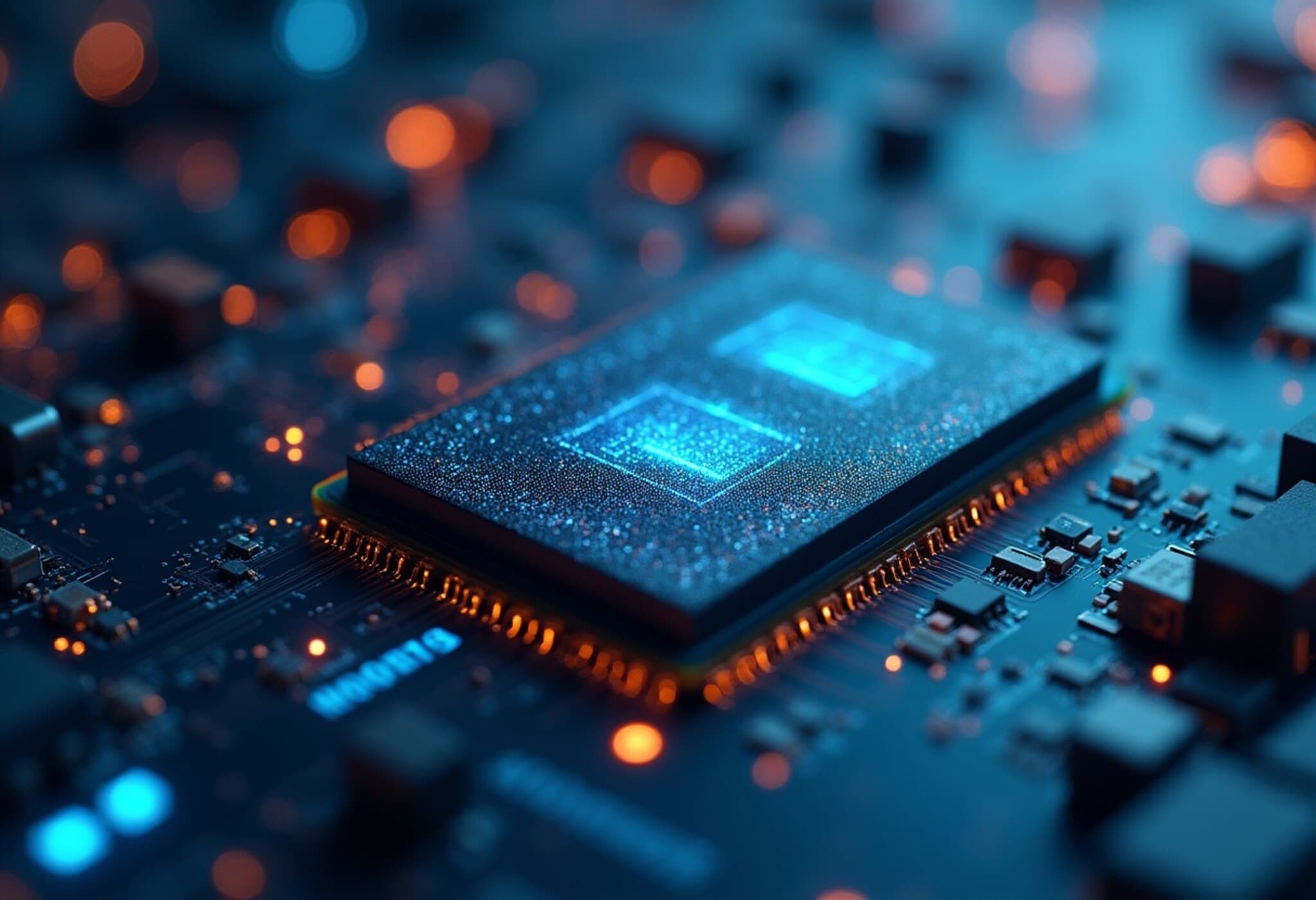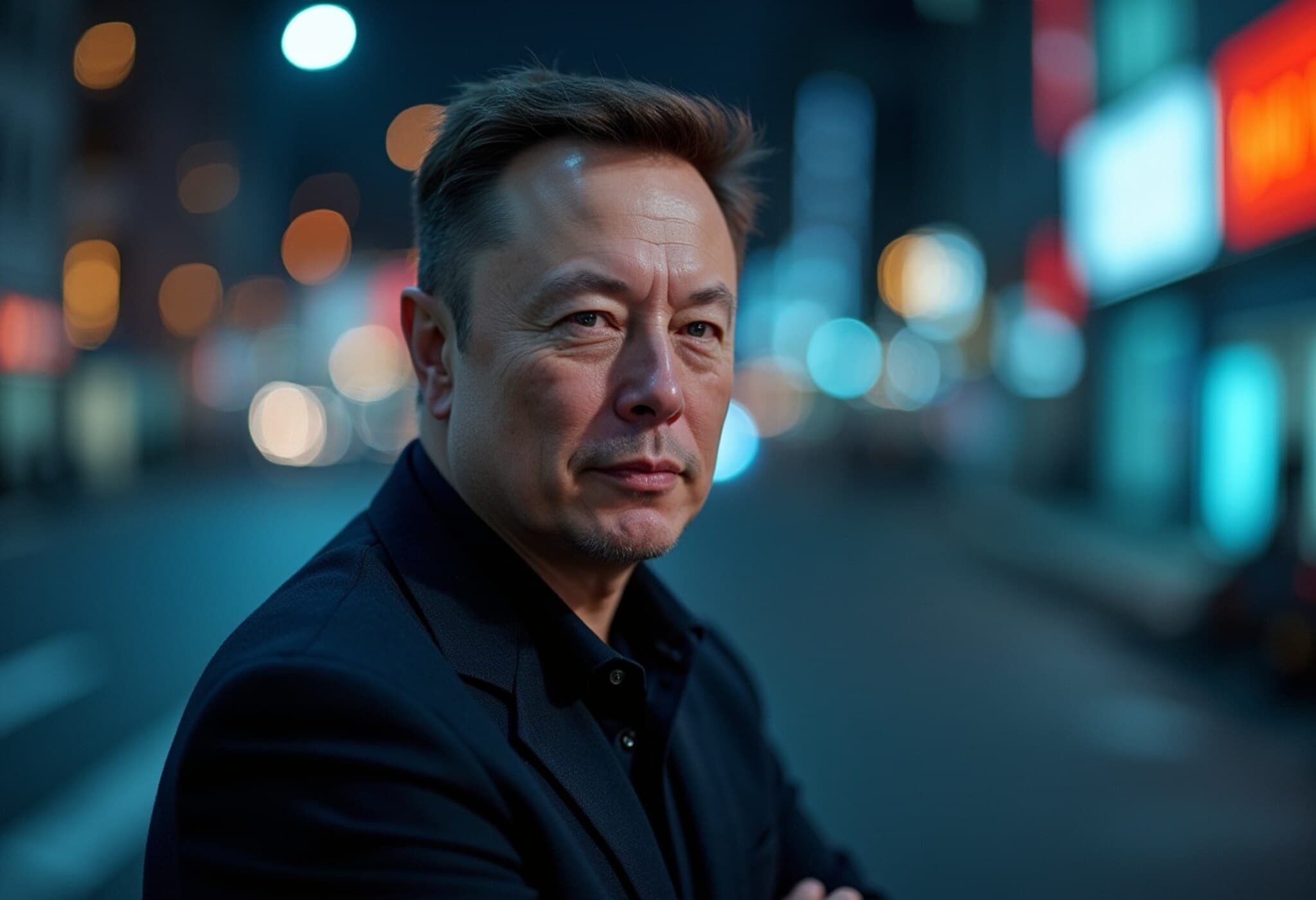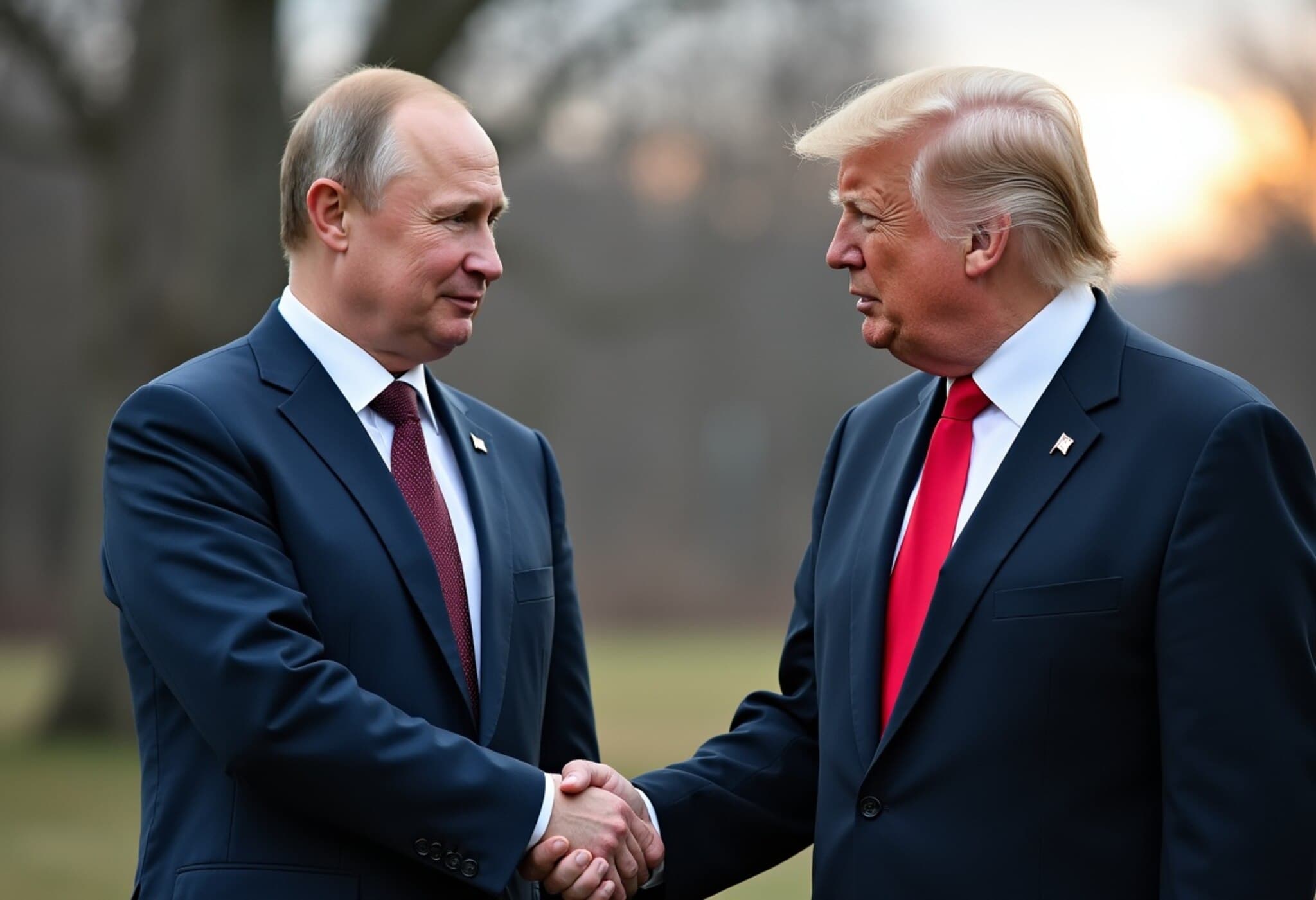Super Micro Plans Major Investment Increase in Europe to Meet AI Hardware Demand
Super Micro Computer, Inc., a leading provider of high-performance server technology, is poised to deepen its commitment to Europe by ramping up manufacturing operations to support the booming demand for artificial intelligence (AI) infrastructure.
CEO Charles Liang Highlights Rapid Growth in European AI Market
During an interview at the Raise Summit in Paris, CEO Charles Liang outlined the company’s strategic plan to significantly boost its European presence. “The demand in Europe is growing very fast,” Liang remarked, signaling an urgency to scale manufacturing beyond the company’s current facilities in the Netherlands.
Europe’s accelerating appetite for AI-driven technologies, from large language models to advanced data analytics, has created a pressing need for more localized hardware production. Super Micro’s servers—equipped with cutting-edge chips designed to process and train massive AI models—are at the heart of this technological surge.
Context: Europe’s Growing Role in AI Infrastructure
This expansion aligns with wider initiatives across the continent, where governments and private entities aim to reduce reliance on external suppliers, especially amid ongoing geopolitical tensions affecting global supply chains. Nvidia's CEO recently underscored the critical importance of enhancing European computing capabilities during infrastructure summits, advocating for investments that mirror the digital transformation wave sweeping through the region.
Addressing Market Concerns — Confidence in Continued Growth
Despite some investor anxiety triggered by Super Micro’s recent soft quarterly guidance, Liang maintained a confident outlook. Although the company’s stock price has retraced from its March 2024 highs following the ChatGPT-induced AI chip surge, Liang emphasized that their growth trajectory remains robust.
“Our growth rate continues to be strong because we keep advancing our core technologies and broadening our business scope,” he said. “There is still a tremendous runway for expansion.” This steadfast optimism serves to reassure stakeholders that Super Micro is not only weathering fluctuating market sentiment but is strategically positioned to capitalize on the expanding AI ecosystem.
Key Factors Driving Super Micro’s European Expansion
- Strategic geographic diversification: Reduces supply chain risks and meets localized EU regulatory requirements.
- Proximity to key AI innovation hubs: Facilitates collaboration with European AI leaders and data centers.
- Growing European demand: Fueled by increased AI adoption across industries such as automotive, healthcare, and finance.
- Alignment with European digital sovereignty goals: Supports continent’s ambition to control critical infrastructure.
Expert Insight: Why This Matters for the U.S. and Global Markets
From a policy perspective, Super Micro’s move underscores a broader trend of tech companies balancing globalization with strategic regional investments. For U.S. markets, this signals continued growth in the AI hardware sector, albeit with a more distributed manufacturing footprint that could influence supply stability and innovation speed.
Economically, Europe’s push to localize AI infrastructure manufacturing may reshape competitive dynamics, prompting potential policy responses in the U.S. to ensure its own leadership in AI technology supply chains.
Looking Ahead: The Future of AI Hardware Manufacturing
As AI models grow increasingly complex and demand for edge computing rises, the need for proximity in manufacturing and distribution will intensify. Super Micro’s proactive expansion plan is a case study in how hardware providers are adapting to the evolving landscape — emphasizing agility, regional investment, and deep technological innovation.
Industry watchers will be keen to see how this strategy unfolds and whether other server and chip manufacturers follow suit, potentially reshaping the geopolitics of AI infrastructure.
Editor’s Note
The rapid growth of AI infrastructure in Europe, championed by companies like Super Micro, invites critical questions about the future of global tech supply chains. Will localized manufacturing mitigate geopolitical risks or lead to regional silos? How might this shift impact innovation and pricing for businesses and consumers worldwide? As AI technology becomes an indispensable part of our digital fabric, understanding these dynamics is essential for policymakers, investors, and consumers alike.



















